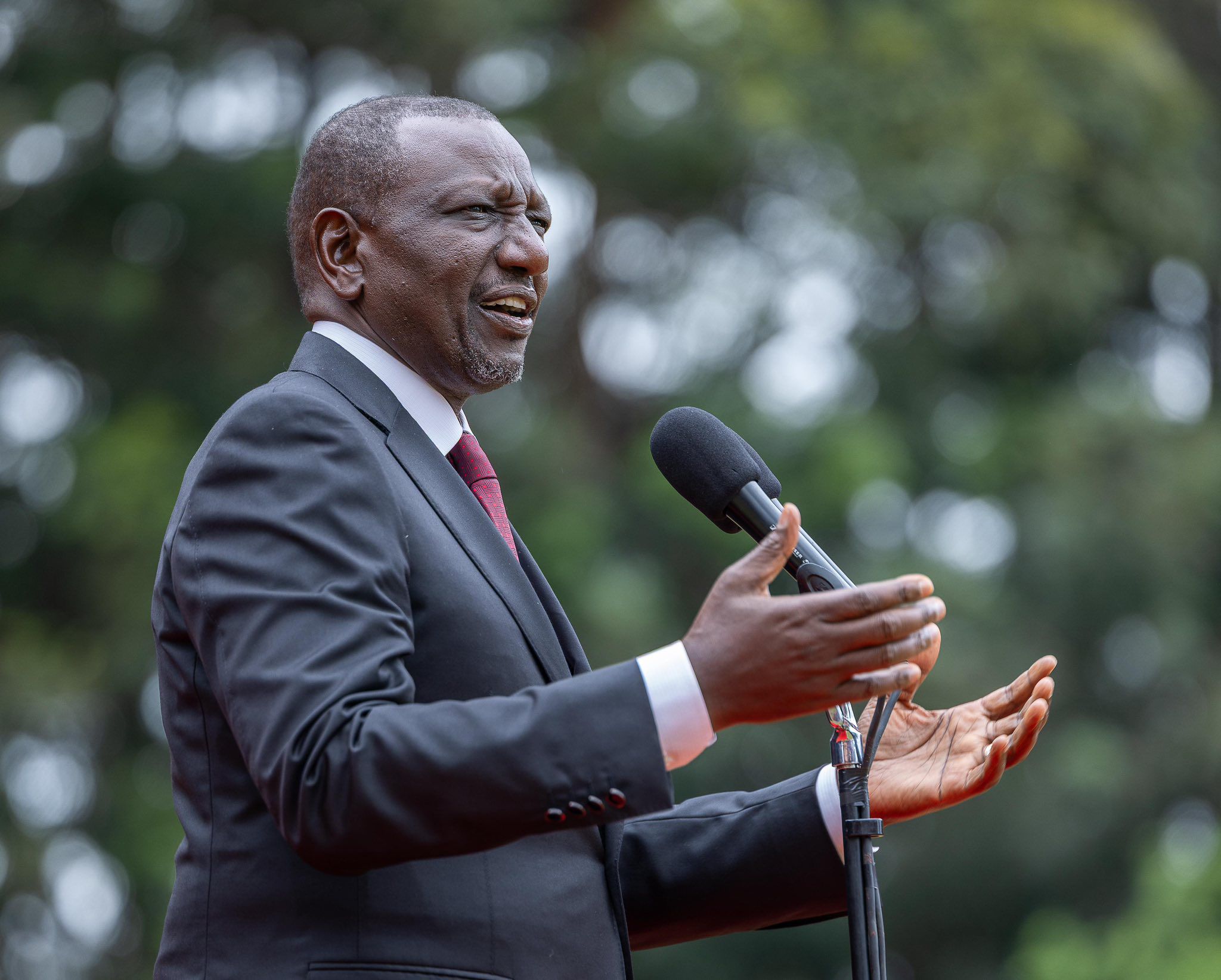Analysis and Implications of Nigeria's New Tax Law

President Bola Tinubu has signed into law the comprehensive Tax Reforms Acts 2025, a landmark legislative milestone set to redefine Nigeria’s fiscal architecture and modernize its tax landscape. These pivotal reforms, enacted on June 26, are slated to become effective from January 1, 2026. The newly assented Acts include the Nigeria Tax Act (NTA), the Nigeria Tax Administration Act (NTAA), the Nigeria Revenue Service (Establishment) Act (NRSA), and the Joint Revenue Board (Establishment) Act (JRBA). These laws aim to simplify the tax regime, drastically reduce instances of multiple taxation, and foster an environment of inclusive growth and indigenous development.
Dr. Kazeem Kolawole Raji, Director General of the National Board for Technology Incubation (NBTI), lauded the President’s decision, highlighting a significant win for his agency: for the first time, NBTI is a direct beneficiary of the National Development Levy. This allocation, Dr. Raji noted, will empower NBTI to scale its programs, drive indigenous innovation, and provide critical support to Nigeria’s Micro, Small, and Medium Enterprises (MSMEs) and tech start-ups. He emphasized that this demonstrates President Tinubu’s administration’s commitment not only to revenue reform but also to investing in technological advancements, aligning perfectly with his ‘Renewed Hope Agenda’ that champions economic reform, national inclusion, and institutional revitalization.
The new tax laws introduce a series of transformative provisions designed to benefit various segments of the Nigerian economy and population. Small firms with an annual turnover below ₦100 million are now exempted from key taxes, significantly easing their operational burdens. To ensure a fair contribution from larger entities, the capital gains tax for corporate bodies has been increased from 10% to 30%. Additionally, a tax on indirect share transfers has been introduced to close existing loopholes and strengthen Nigeria’s position in cross-border transactions.
For the average citizen, the reforms offer substantial relief. Individuals earning below ₦800,000 annually are now completely exempted from personal income tax, a direct benefit to low-income earners. The new acts also introduce a Progressive Personal Income Tax system, ensuring that while the poor receive more relief, the wealthy contribute justly. Furthermore, while the Value Added Tax (VAT) rate remains at 7.5%, the law exempts or zero-rates essential goods and services such as food, rent, education, healthcare, and public transport, directly aimed at reducing the cost burden on Nigerians. Businesses will also benefit from a strengthened input VAT system, allowing them to claim credits on VAT already paid, thereby preventing double taxation and encouraging growth.
A critical component of these reforms is the introduction of a Unified Development Levy, a consolidated 4% levy that will fund essential development agencies including TETFUND, the Nigerian Education Loan Fund, NASENI, NBTI, NITDA, the Defence and Security Infrastructure Fund, and the National Cybersecurity Fund. To enhance transparency and ease compliance, all taxpayers are now mandated to obtain a Tax Identification Number (TIN).
The institutional framework for tax administration is also undergoing a major overhaul. The Nigeria Revenue Service (NRS) will replace the Federal Inland Revenue Service (FIRS), tasked with collecting all federal taxes, fees, and levies, and introducing modern digital platforms for registration, filing, and payments. This modernization is expected to significantly reduce delays, errors, and opportunities for corruption. A new Joint Revenue Board will coordinate tax policies across all tiers of government, ensuring uniform standards nationwide and eliminating confusing, overlapping tax demands. Moreover, two new independent institutions, the Tax Appeal Tribunal and the Office of the Tax Ombudsman, have been established to protect taxpayer rights and ensure fair resolution of disputes.
Despite the broad benefits, the reform process faced challenges, including what Taiwo Oyedele, Chairman of the Presidential Fiscal Policy & Tax Reforms Committee, described as near sabotage by some labour unions and tax experts due to misinformation. However, the comprehensive framework also includes changes to income tax laws to attract remote work opportunities for Nigerian youths in the digital economy, an attractive tax regime to encourage business formalization, and improved accountability. The reforms also introduce a 15% minimum effective tax rate for multinationals, ensuring Nigeria earns its fair share from global commerce.
Dr. Raji extended commendation to the National Assembly for their unwavering dedication in harmonizing complex tax bills, particularly praising Hon. James Abiodun Faleke for his leadership. He also acknowledged Mr. Taiwo Oyedele for his committee’s technical brilliance in laying the groundwork, ensuring the reforms are globally competitive yet domestically relevant. Furthermore, Dr. Zacch Adedeji, Executive Chairman of FIRS, was recognized for his role in repositioning Nigeria’s tax administration systems and providing strategic direction to the fiscal transformation. With the implementation set for January 2026, the government plans a nationwide awareness campaign and capacity-building initiatives for tax officials to ensure a seamless transition into this new era for Nigeria’s economy.











